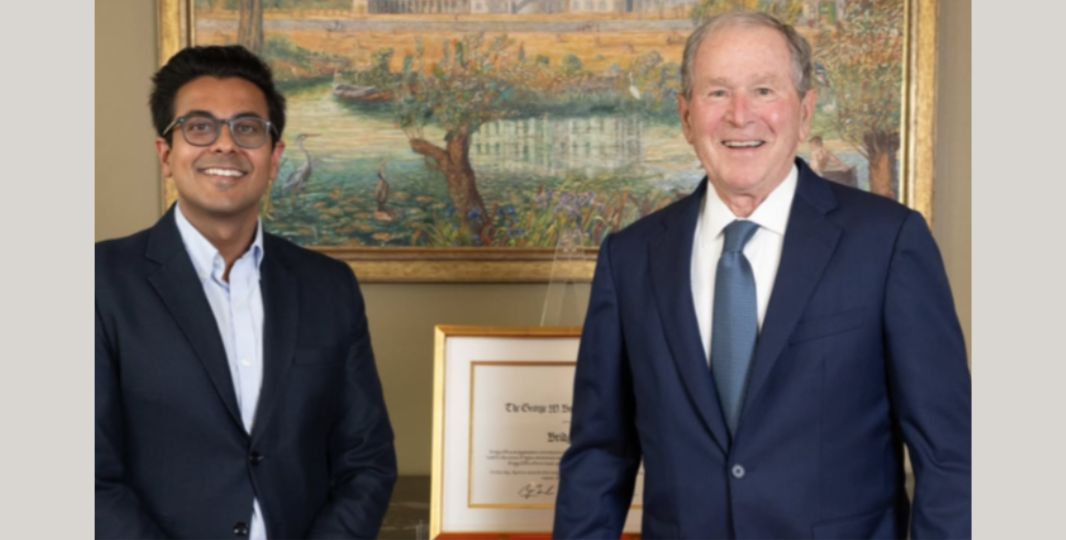American higher education stands at a critical juncture, as college and university leaders contend with growing threats to civil discourse and free expression. Polarization across the political spectrum, combined with rising social tensions and the viral nature of digital communication, has created an atmosphere of caution—even fear—on many campuses. Faculty, students, and administrators often hesitate to engage in dialogue across difference, wary of backlash, controversy, or reputational harm.
Institutional responses, ranging from disinviting speakers to silencing contentious conversation, have exacerbated these trends. Episodes such as the contentious 2024 U.S. presidential election and recent international crises like the Israel-Hamas War have placed academic institutions at the center of national debate. Yet the academy’s mission remains clear: to prepare graduates not only with knowledge, but with the civic capacities to navigate disagreement, challenge assumptions, and participate meaningfully in a pluralistic democracy.
To restore this vital mission, academic leaders must embrace a principled, proactive approach that affirms the centrality of civil discourse and viewpoint diversity. The Campus Free Expression Project (CFEP), launched in 2019 by the Bipartisan Policy Center and now housed at the Council of Independent Colleges (CIC), embodies this imperative. With a focus on institutional culture, leadership development, and policy innovation, CFEP equips colleges and universities with the strategies necessary to foster robust intellectual exchange.
The initiative’s cornerstone publication, Campus Free Expression: A New Roadmap, developed by a bipartisan task force of higher education leaders and former governors, offers a comprehensive framework for cultivating environments that support civil discourse and free expression across all campus domains—from classrooms and residence halls to presidential offices and boardrooms.
With support from AVDF, the CFEP has expanded both the reach and impact of the Roadmap. A 2022 AVDF grant enabled the Bipartisan Policy Center to develop a suite of practical supplements tailored to presidents, trustees, faculty, and student affairs professionals. These resources—grounded in real-world case studies—provide exercises and templates to help campus leaders design and implement policies addressing speaker protocols, institutional neutrality, and freedom of inquiry.
To complement this work, CFEP hosted regional symposia, participated in national conferences, and gained coverage in prominent media outlets. These efforts resulted in measurable institutional changes: James Madison University integrated civil discourse content into student handbooks; Purdue University revised graduate student materials; and American University consulted the CFEP in drafting its new expression policy. Presidential leadership at institutions such as Lehigh, Iowa, and Johns Hopkins has also been shaped by direct engagement with the Roadmap.
The success of this initiative prompted AVDF to provide continued support as the project transitioned to CIC in 2024 under the leadership of Dr. Jacquie Pfeffer Merrill. CIC, which represents over 600 independent colleges and universities, offers a robust platform for the next phase of the project. The new AVDF grant of $180,000 supports the expanded dissemination and application of the Roadmap, including digital publication, webinars for campus leaders, and targeted sessions at CIC’s signature leadership institutes. These efforts will emphasize actionable steps to embed civil discourse skills in learning outcomes, orientation programs, and academic leadership training.
“The next phase of this initiative addresses a pressing challenge facing higher education today—the erosion of open dialogue and intellectual curiosity that are essential to learning and democratic participation. Thanks to CIC’s leadership and institutional commitment, the enhanced Roadmap—enriched by field-tested applications and stakeholder feedback—will equip more college leaders with practical tools to foster respectful yet productive discourse. We’re proud to support this project that will empower the next generation of citizens to engage thoughtfully with diverse perspectives and complex ideas,” said AVDF Senior Program Officer Nate Schult.
Ultimately, the Campus Free Expression Project affirms that safeguarding free expression and nurturing civil discourse are not ancillary concerns but central responsibilities of higher education. In an era marked by division and distrust, the project offers a model for institutional commitment and strategic innovation to the civic purposes of higher education institutions.
Back to all Stories


